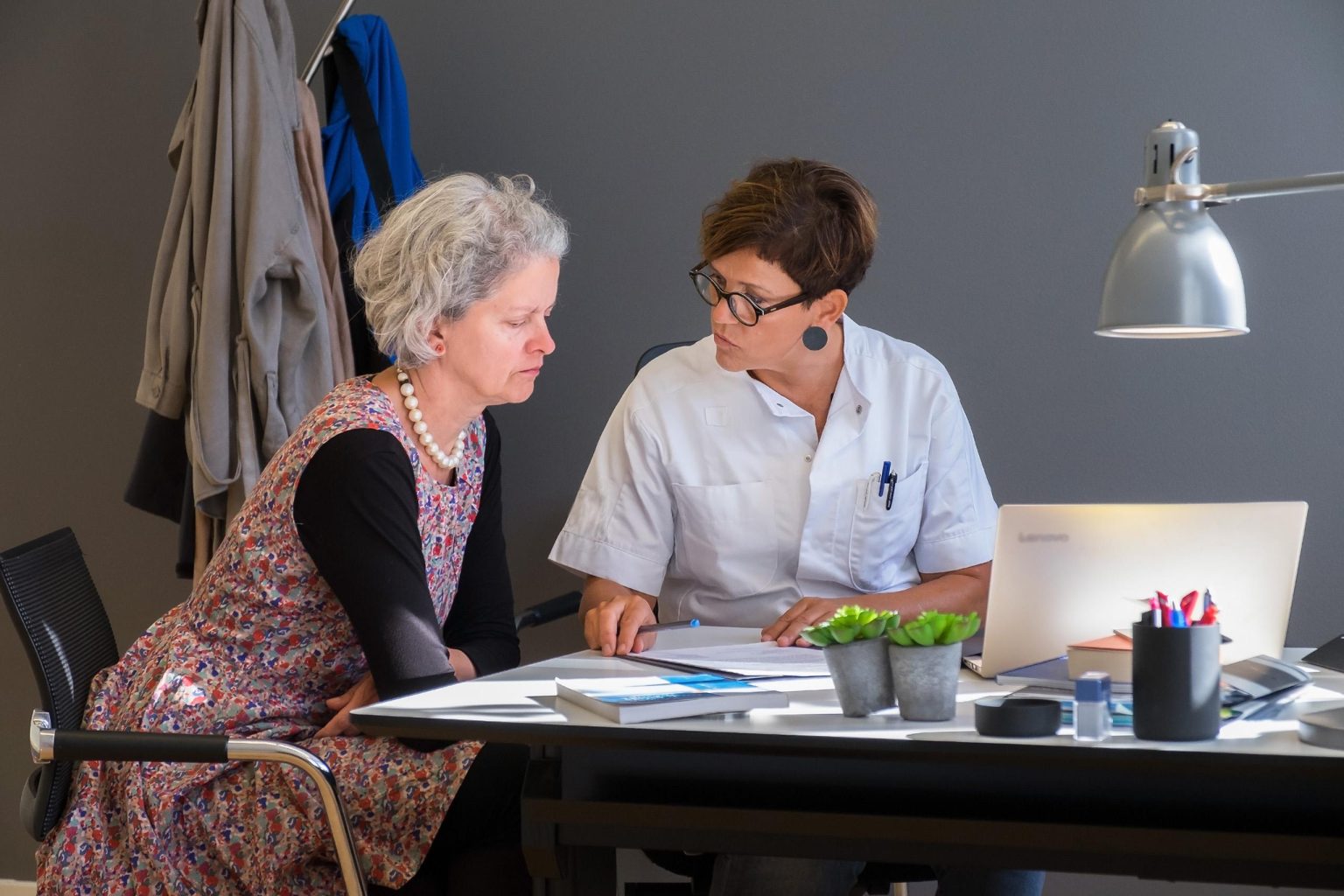With the average GP consultation in the UK lasting only 9.2 minutes, many Brits feel like they aren’t able to gain enough knowledge on their condition. Clinical trials, on the other hand, offer volunteers access to attentive specialists who are eager to understand patients’ conditions better and provide them with valuable insight.
“You can’t even talk to the GP around here,” explained Jane Petch, who is a member of the British Research Panel and has been living with COPD for the last 6 years.
“A lot of people aren’t very happy with what they’re getting. You can only phone the surgery between 8am and 10:30am, and then you don’t even know who you’re going to get hold of,” continued Jane.
According to the NHS England’s annual GP Patient Survey, in 2019, only 48% of patients managed to see their GP “almost always”, which had fallen from 50.2% the previous year. Furthermore, only 68.3% of patients can get through to their surgery on the phone.
It is clear that many people across the UK find accessing their GP to be a challenge. As a result, patients feel that they aren’t gaining sufficient knowledge on their condition and how to deal with it.
Falling Figures
Alongside falling satisfaction levels, the supply of doctors and experts in the UK also demonstrates signs of decline.
The number of full-time GPs in England fell from 29,138 in March 2018 to 28,697 in 2018, leading to a loss of 441 family doctors. Running parallel to this, only 67% surveyed felt their appointment quality was “good” in 2018, down from 79% the previous year.

It is no surprise that people search for alternative ways to gain expert advice. The desire to receive specialist advice was a key motivating factor for Jane to volunteer for our ongoing COPD project.
“I signed up for this trial, as I thought there could be some interesting information that could make things better,” Jane told us.
Clinical Research as a Solution
Looking at the figures above, it is clear that something needs to be changed in this system to give the patient more attention, provide a better service, and to find a treatment that really suits the patient.
This is what the Trial Attractiveness Model, created by our founding organisation, James Lind Care represents. By focusing on the patient’s perspective of a clinical trial, James Lind Care strives to understand the patient’s experience. Key benefits for patients highlighted in this model include better care by specialists, gaining knowledge about their own disease and improved health.

“I think viewing clinical trials as an integrated part of patients’ treatment is a way forward,” explains Henrik Vincentz, founder of James Lind Care. “It’s not an alternative to treatment but a way to get a detailed diagnosis, to have your current medication re-evaluated and to get another perspective. It’s beneficial to have new perspectives.”
Clinical trials offer participants access to experts, who have time to focus on patients’ conditions and listen to any issues and struggles they may be facing.
“Extensive screening and assessments allow specialists to gain in depth knowledge on each individual and offer specific advice, which many in the UK feel they are currently lacking,” explains Community Manager of the British Research Panel, Rasmus Hjorth.
At the British Research Panel, we work towards offering you participation in clinical trials relevant to you.
By keeping you informed with the latest projects, it is our goal that research can progress, you can receive quality advice from specialists and you will have access to better treatments in the future.
Written by
Eloise Healey

